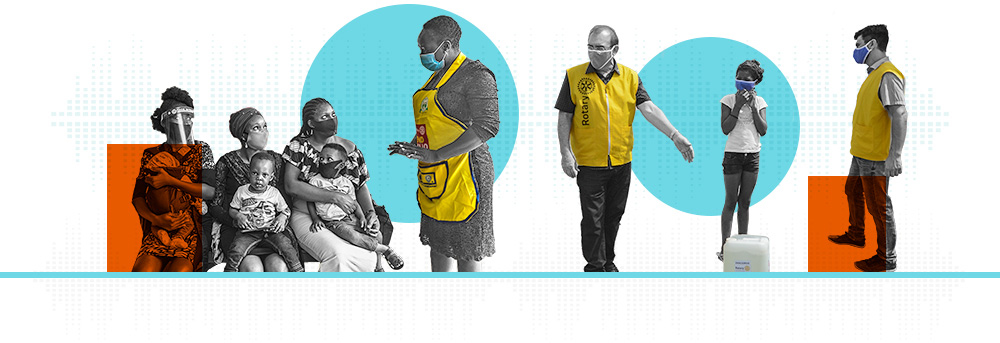
By Meral Alma, Rotary Club of Düsseldorf-Schlossturm, Germany
I was born in Germany and raised amidst a tapestry of diverse cultures – Turkish, Arabic, and German. Today, I view these varied cultural imprints and experiences as a profound treasure.
It’s akin to a grand mansion with myriad windows that open possibilities to perceive situations and people from different angles. The remarkable spectrum of attitudes and experiences has brought me to a profound understanding that in life, the pursuit of recognition or acceptance should never be tethered to conformity or submission. Instead, one must forge one’s own perspective and chart a personal path towards liberation and fulfilment, even if it entails enduring profound challenges spanning years or even decades.
Continue reading


